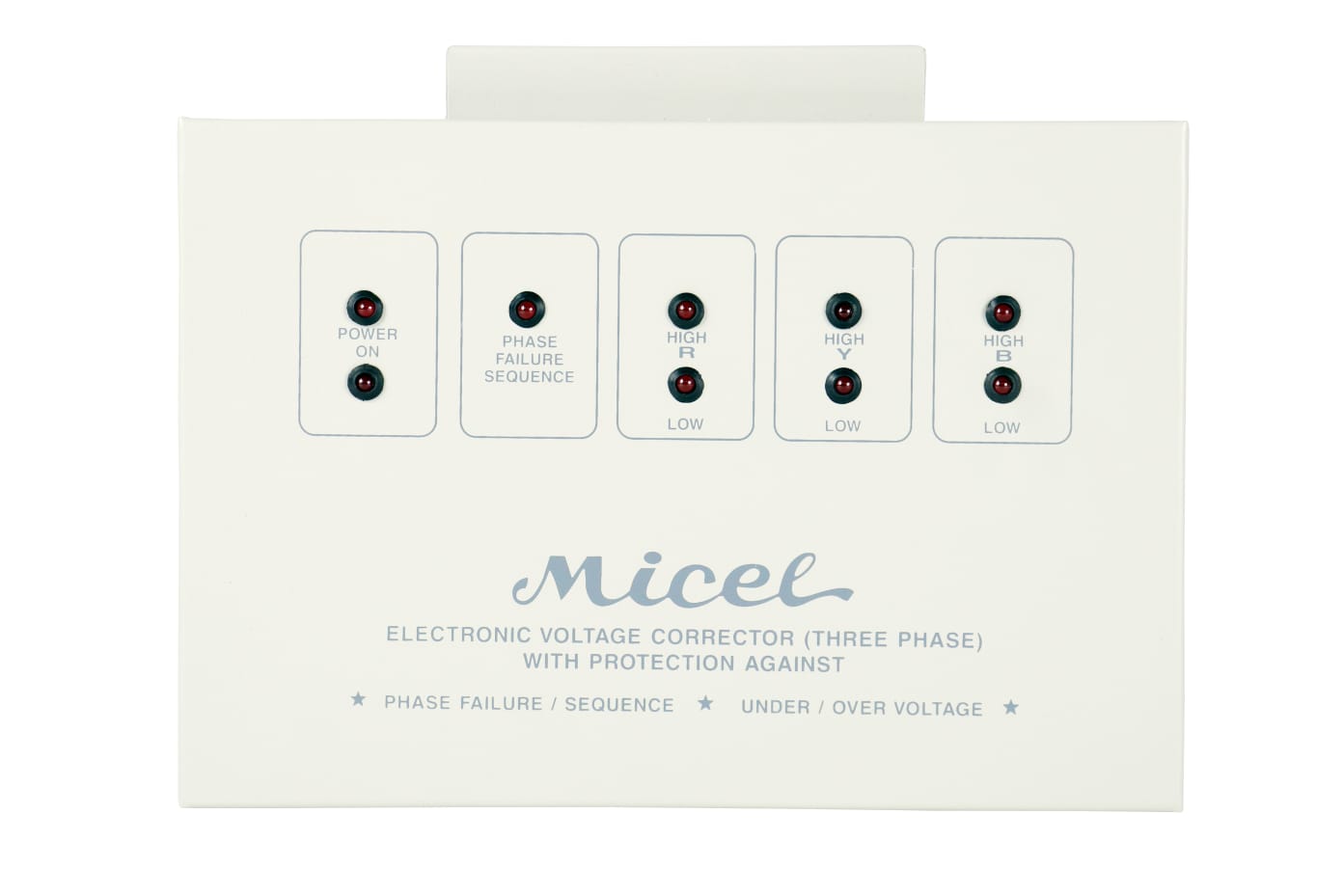Contents
Source: UNT Digital Library – University of North Texas
<>
Phase Corrector Plates: A Comprehensive Guide
Introduction
Phase corrector plates, also known as phase plates, are transparent optical elements used to modify the phase profile of light passing through them. They are commonly employed to compensate for wavefront deformations like spherical aberrations in optical systems.
Working Principles
Phase corrector plates can operate based on tailored surface relief on one or both surfaces, leading to spatially variable path lengths through the material. Alternatively, some plates utilize variations in refractive index within the medium while maintaining flat surfaces.
Applications
These plates find various applications, including correcting optical aberrations in imaging systems, focusing laser beams, and testing adaptive optics systems. They can be inserted at different positions in the beam path to optimize phase correction based on specific requirements.
Fabrication Techniques
Techniques for fabricating phase corrector plates include diamond turning, etching, photolithography, and methods of holography to generate refractive index variations within the plates.
Alternative Solutions
While phase corrector plates are commonly used for compensating phase aberrations, other solutions like spatial light modulators, combinations of optical elements, and meniscus correctors can also be employed based on the specific requirements of the optical system.
Conclusion
Phase corrector plates play a crucial role in optical systems by enabling the precise modification of phase profiles to compensate for various aberrations. Understanding their working principles, applications, fabrication techniques, and alternative solutions is essential for optimizing the performance of optical systems.

Source: Micro Electronics & Electricals
Feel free to comment your thoughts.


